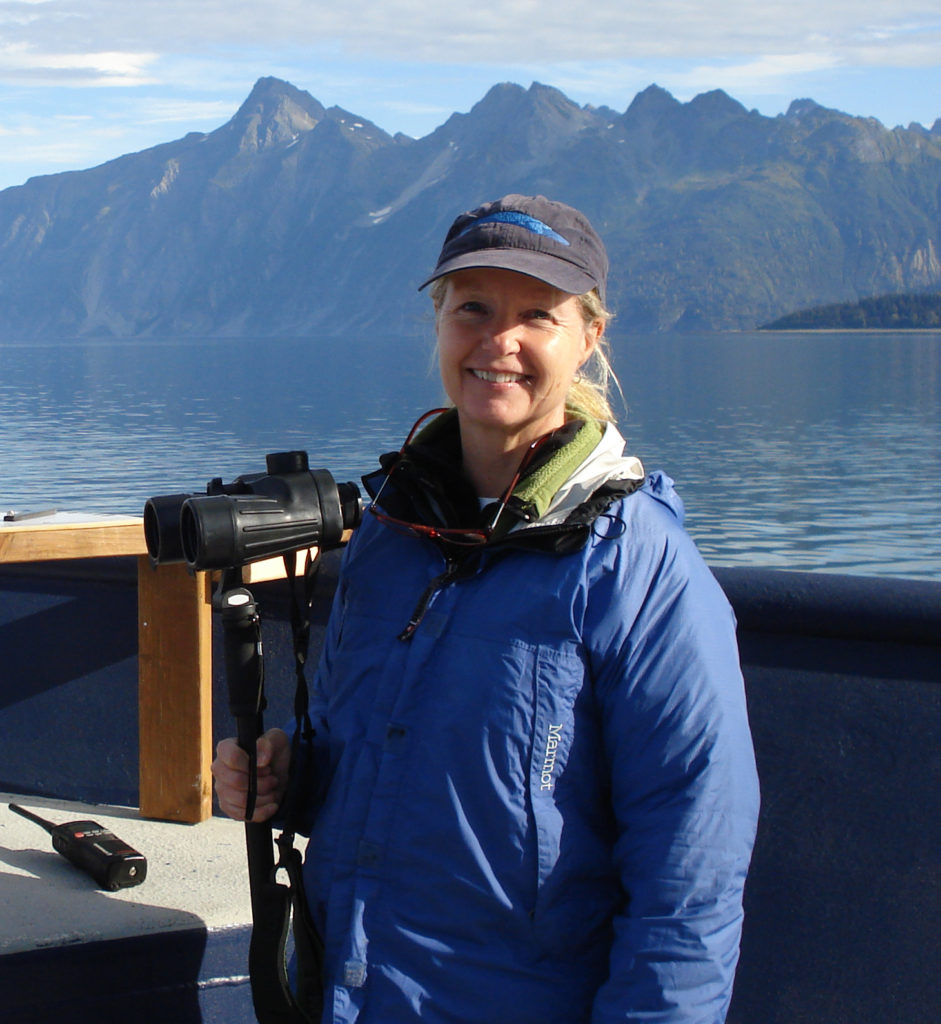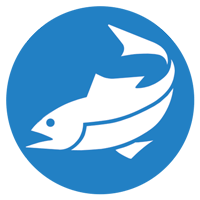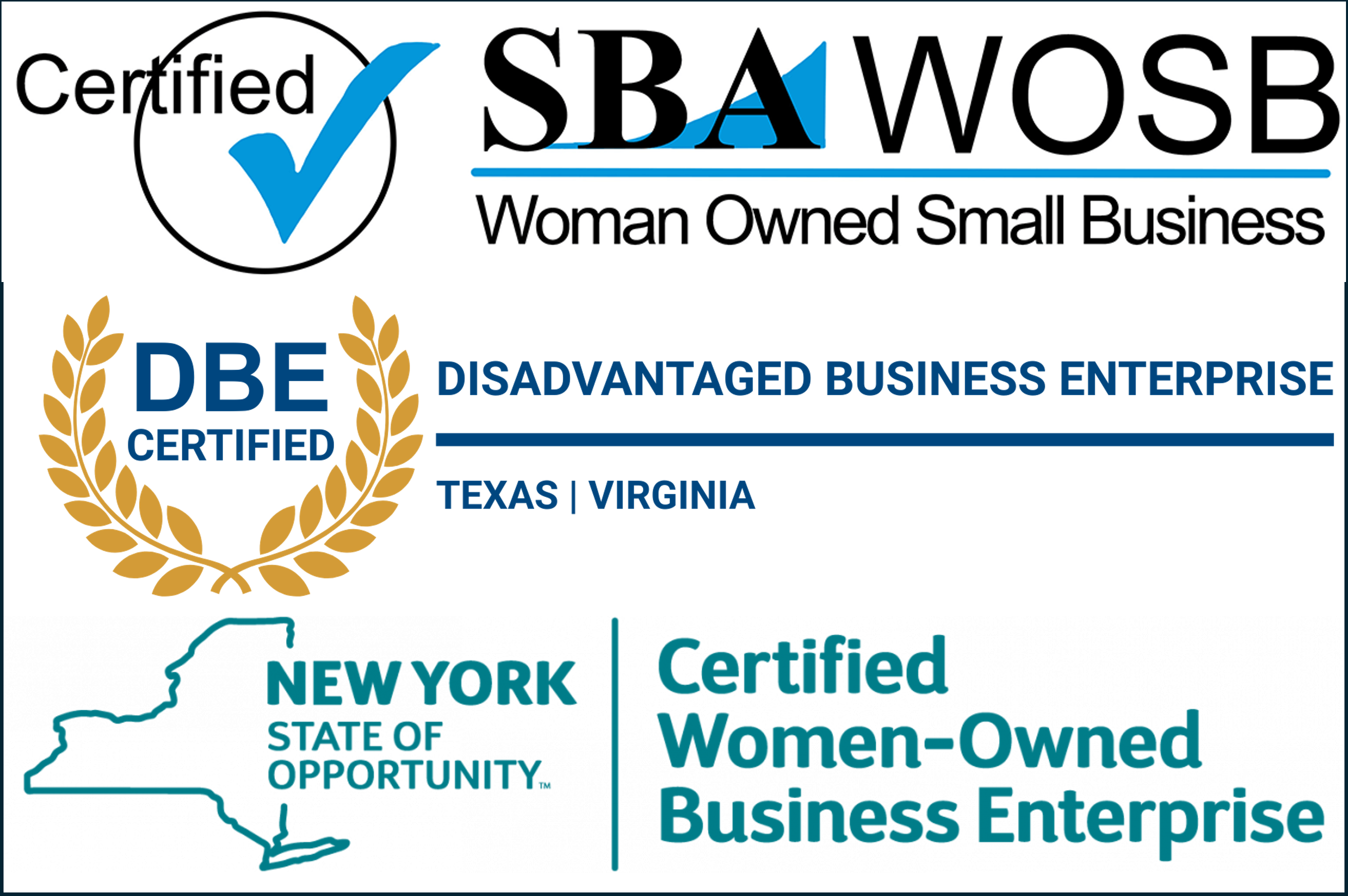
Paula Olson
Marine Mammal Biologist
Research & Consulting
Meet Paula Olson – the 1st female scientist featured in our Women Doing Science blog series!
Master of Marine Affairs & Bachelor of Arts degrees
What is your current job title(s) and position(s)?
Hi. My name is Paula Olson. I am a marine mammal biologist. Currently, I’m a visiting scientist at the Southwest Fisheries Science Center in La Jolla, California.
Briefly describe the work that you do.
My research uses photo-identification as a research tool to investigate population structure, movement, and migration and to estimate abundance of cetacean (whales, dolphins, porpoises) populations.
When did you know this is what you wanted to do?
It’s a long time ago now that I decided this is what I want to do, but it was after I had an internship where I was working as part of a team collecting visual data on the behavior of whales and then after I had spent some time at sea doing fieldwork.
How do you maintain a work-life balance?
Maintaining a work-life balance in this field is tough. I do my best at it by carving out time for my family and exercise. Those two things I make a priority. I carve time out for them, and then they are non-negotiable in terms of letting work interfere. But it’s tough.
What is one thing you wish you had known when you first started pursuing your career?
There are a couple of things that I wish I had known when I first started pursuing my career. And one is how fast time goes. The other is that I wish I had really known how important it was to set a little money aside so that it can accrue over the decades towards retirement.
Describe one challenge you have overcome in your work or personal life.
A major challenge in this field and currently in many of the sciences is that in order to pursue a career that you are really interested in, you may have to work on soft money, grant money, and intermittent money throughout your career. There are very few full-time, paid positions. There are some exceptions in academia or federal/state governments, but for the most time, you are on soft money which can be a challenge because you are always having to juggle where your money is coming from and figuring out how you are going to earn a year’s worth of income. But I’ve gotten used to it. You just have to be systematic at it and keep good records.
What is one your greatest memories of your career?
One of the greatest memories of my career actually happened about three months ago. I was working on the beginning of a dedicated Antarctic blue whale and ecosystem survey, and we had been searching for some days and hadn’t found our first blue whale. When we finally did, it was in a location in east Antarctica that I realized was almost the same location where I saw my very first Antarctic blue whale 17 years ago! At that point in time, I had really wanted to see an Antarctic blue whale, and I did! In the intervening 17 years, I’ve collected a lot of data and done a lot of research on Antarctic blue whales. It’s my favorite species to study, and it was a joy to find them again for sure, and we had a great field season.
Have you ever faced gender-related challenges in your career (e.g., gender discrimination, sexism)? If so, how did you deal with these challenges?
Yes, I definitely experienced gender discrimination, particularly because of my generation, there were very few women compared to men in the sciences. How it worked out best for me was when I was experiencing it, particularly if it was coming from one person, I thought about how best to proceed and how to form my reaction and my complaint. I took it to a superior who I thought would be sympathetic and understand the situation, and I did have success in having that situation corrected.
What advice can you offer anyone, especially girls, wishing to pursue a similar career?
Advice for anyone wanting to go into this field…tenacity, perseverance, stick to your dreams and your goals, and just hang in there and work hard…and maintain your enthusiasm!

